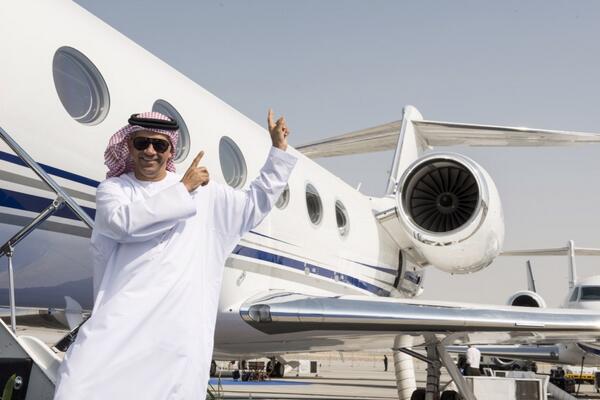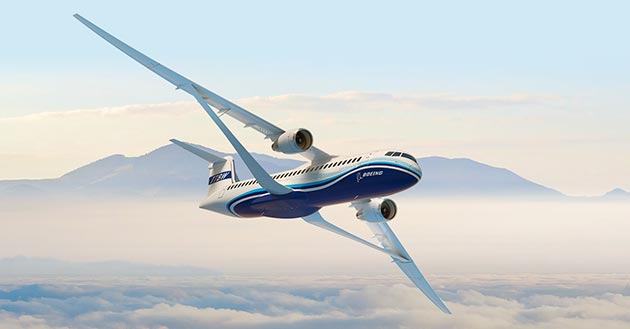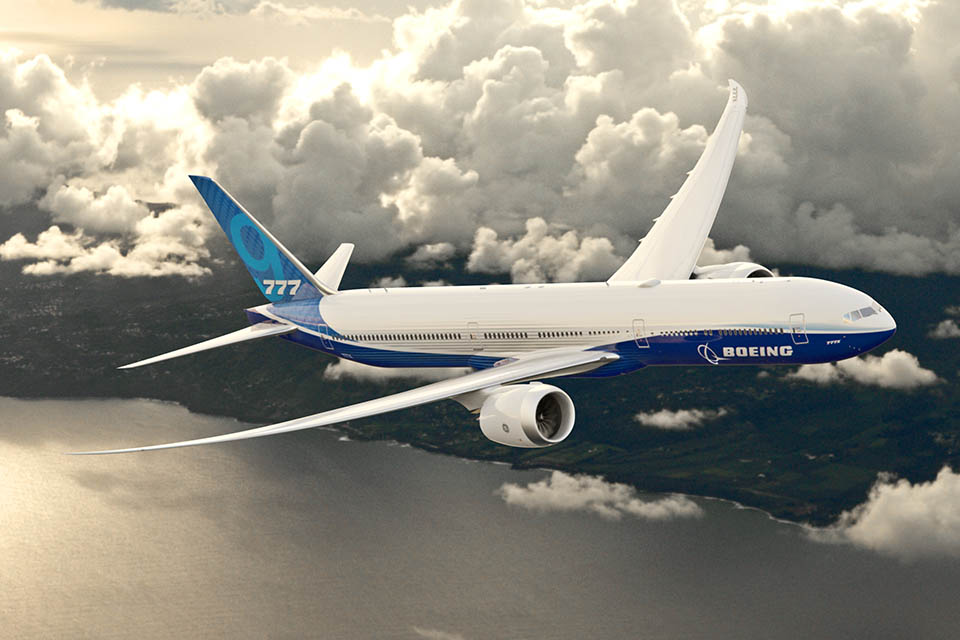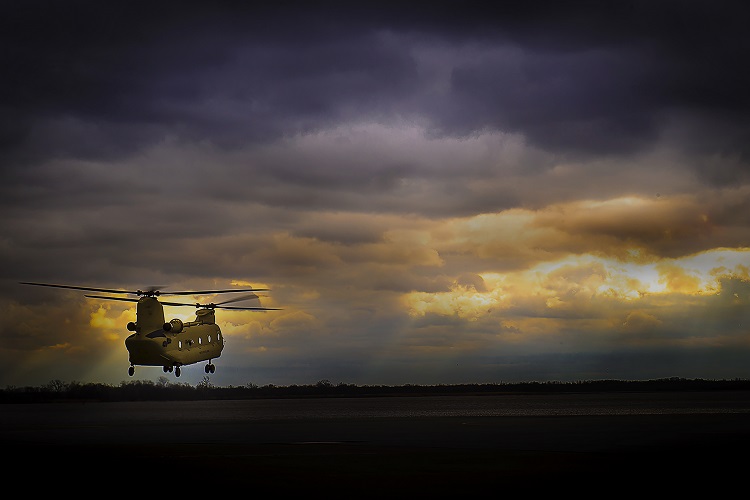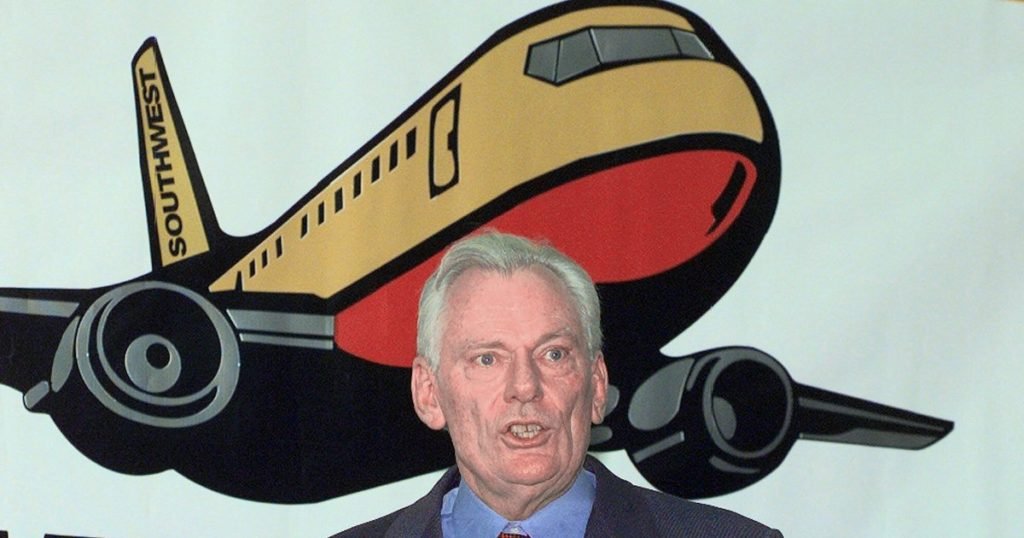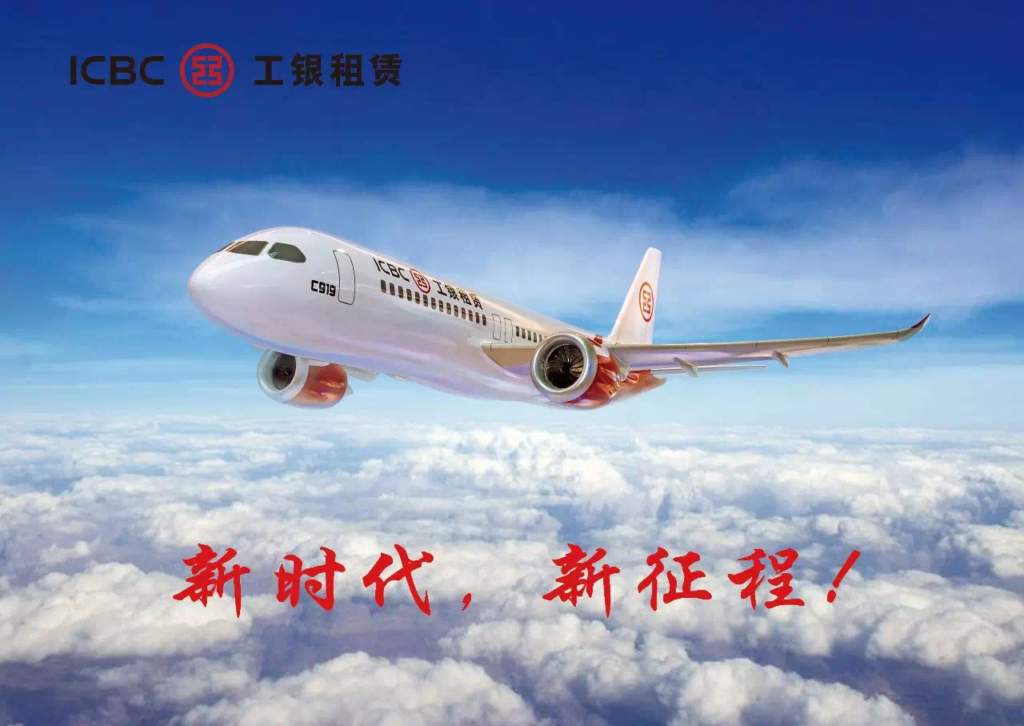Saudi Private Jet Industry Stalls After Corruption Crackdown
DUBAI (Reuters) - A crackdown on corruption in Saudi Arabia has severely dented the kingdom's private jet industry in a sign of the impact the campaign has had on private enterprise and the wealthy elite. Dozens…
